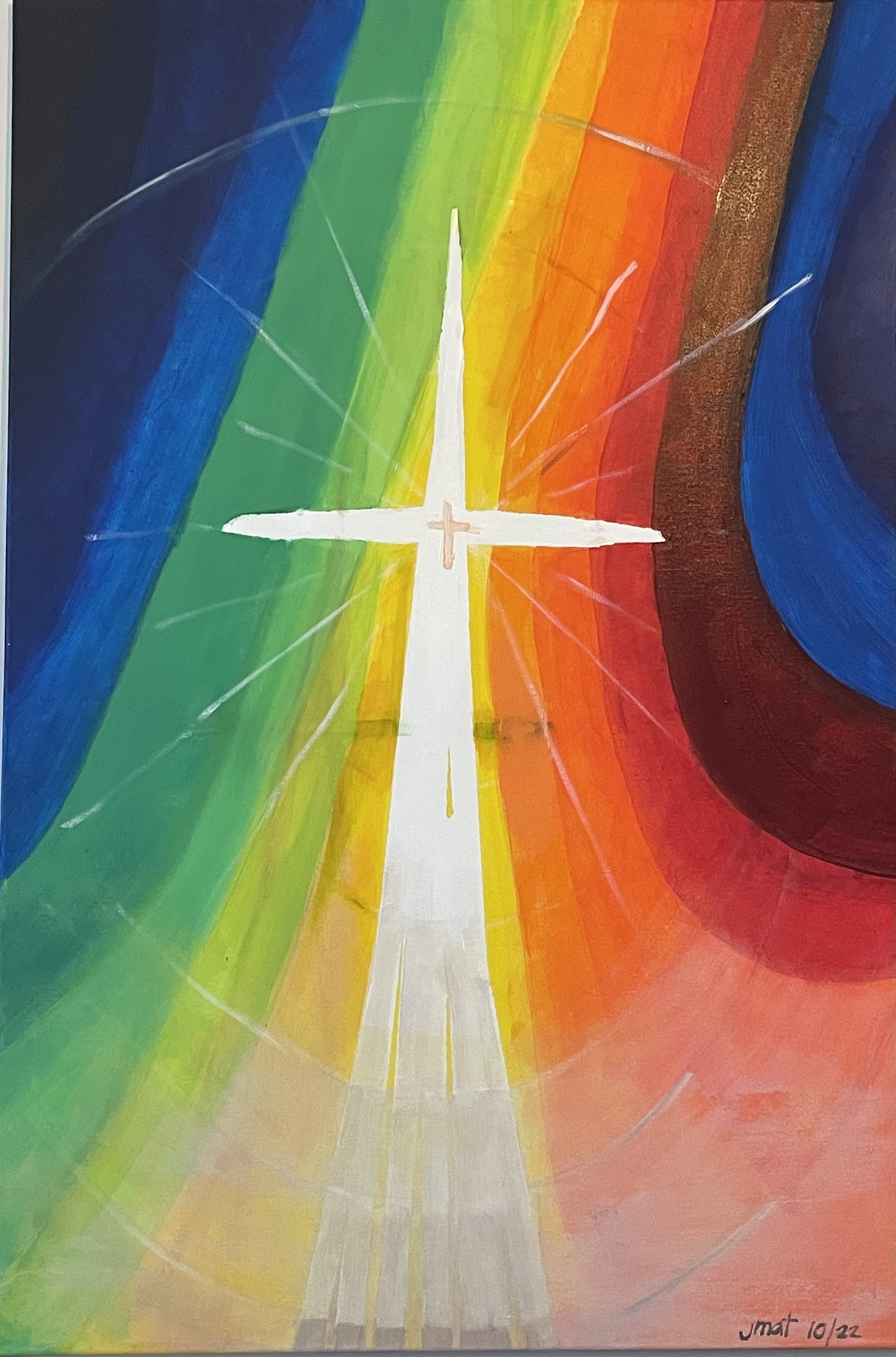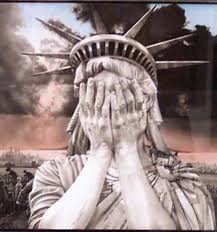Fourth Sunday of Advent
“Behold, the virgin shall conceive and bear a son, and they shall name him Emmanuel, which means ‘God is with us’.” Mt. 1:23
“Mary: The Most Powerful Woman in the World”
These are not the words of some Catholic newspaper, or any otherwise strongly religious publication. They are instead the title of the lead article, along with a cover picture of Mary, found in a notably secular publication: National Geographic magazine!
Stunning!
The article is written by Maureen Orth, a journalist who spent three years traveling throughout the world trying to understand more fully why Mary, the mother of Jesus, is so crucially important to millions of people.
Here are a few of Orth’s words:
“Mary is everywhere: Marigolds are named for her. Hail Mary passes save football games. The image in Mexico of Our Lady of Guadalupe is one of the most reproduced female likenesses ever. Mary draws millions each year to shrines such as Fatima, in Portugal, and Knock, in Ireland, sustaining religious tourism estimated to be worth billions of dollars a year and providing thousands of jobs. She inspired the creation of many great works of art and architecture (Michelangelo’s “Pieta,” Notre Dame Cathedral), as well as the spiritual confidante of billions of people, no matter how isolated or forgotten.”
All of this begs the question:
What was it about this young girl that attracted and enticed, not only Joseph in today’s Gospel story, but even God – a God so enamored of her that an angel was sent to deliver the most revolutionary message ever?
Allow me to suggest two possible answers to this question, with the reservation that there are surely several others.
First, Mary was not a preacher. She was not an evangelist. She was not an activist.
Instead, Mary was a listener – a listener who embraced simplicity. She was one who paid attention, who reflected, who contemplated.
All those Advent qualities….
She lived her life embracing the message later expressed by Francis of Assisi:
“Preach the Gospel at all times, and when necessary, use words.”
Present. Open. Available. Receptive. Quiet.
That is the kind of person Mary was. And it was likely that collection of gifts that most enticed God, and Joseph, and so many people down through the centuries.
But I would like to suggest another major gift of Mary’s personality – her life experiences that have been suffered continually by millions of people even to this day:
Mary and Joseph’s journey to Bethlehem due to a census that is now being mirrored by countless numbers of people displaced from their ancestral homes.
Mary and Joseph’s flight into Egypt to avoid the death threats of the tyrannical King Herod, just as today millions of refugees are fleeing their homelands to escape greedy dictators.
Mary’s loss of her child by an unjust state execution now paralleled by the disappearance and murder of beloved children under dictatorial regimes – all done by the Herod’s of today.
Women may find in Mary a sister to the lives of marginalized women in oppressive situations throughout the world – women who are without food, without clean drinking water, without housing, without education, without healthcare, without employment, without security from rape, without human rights.
For all of them, Mary stands on their behalf speaking words of hope to the neediest – such as these choice words from her great prayer, the Magnificat:
“… O my God, … You have shown strength with your arm … You have put down the mighty from their thrones and lifted up the lowly.”
To this very day, Mary is ultimately seen as the “God bearer.” She is the heart of the Gospel. She is the one who challenges each of us to look at ourselves spiritually.
For example, when asked what Mary meant to him, Pope Francis answered with one word, “She is my mama.”
May our “mama,” the one who is “blessed … among women,” assist each of us in birthing anew the Child that falls from heaven into our arms … into our hearts … into our souls.
“Mary: The Most Powerful Woman in the World.”
Ted Wolgamot, Psy.D.
NOTE: A quote for the week:
“(Mary), the most significant woman of all time came from one of the area’s most insignificant of places. Mary made nothingness visible. It takes a lot of human growing to find value in the valueless – in small places and simple things and powerless people. But that is the basis for peace, both inside of us and in the world around us.”
– Sr. Joan Chittister
NOTE: The Kerry Christmas Carol
Brush the floor and clean the hearth
And set the fire to keep
For they might visit us tonight
When all the world’s asleep
Don’t blow the tall white candle out
But leave it burning bright
So that they’ll know they’re welcome here
This holy Christmas night
Leave out the bread and meat for them
And sweet milk for the Child
And they will bless the fire that baked
And too the hands that toiled
For Joseph will be travel-tired
And Mary pale and wan
And they can sleep a little while
Before they journey on
They will be weary of the roads
And rest will comfort them
For it must be many a lonely mile
From here to Bethlehem
For long the road they have to go
The bad mile with the good
Till the journey ends at Calvary
Beneath a cross of wood
So, leave the door upon the latch
And send the fire to keep
And pray they’ll rest with us tonight
When all the world’s asleep
Don’t blow the tall white candle out
But leave it burning bright
So that they’ll know they’re welcome here
This holy Christmas night.
(Commissioned work for Lessons and Carols)





